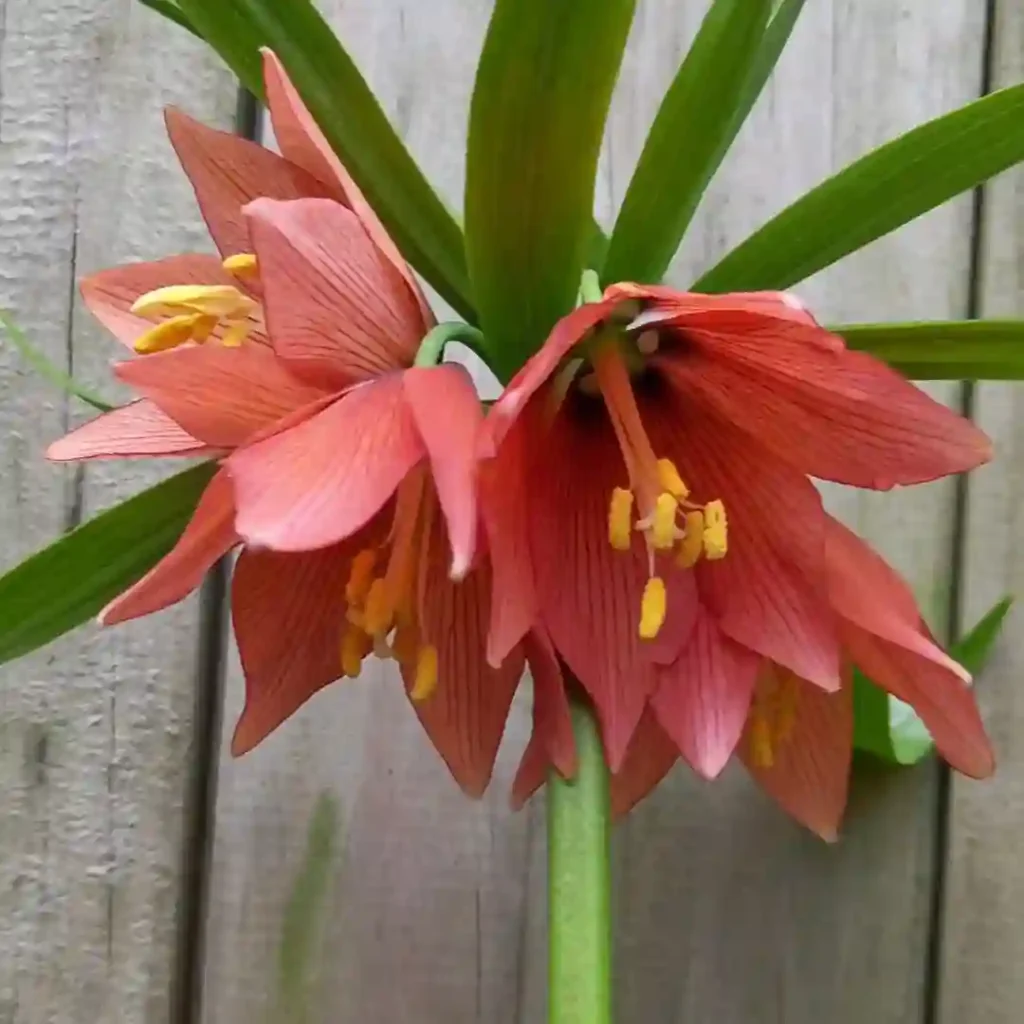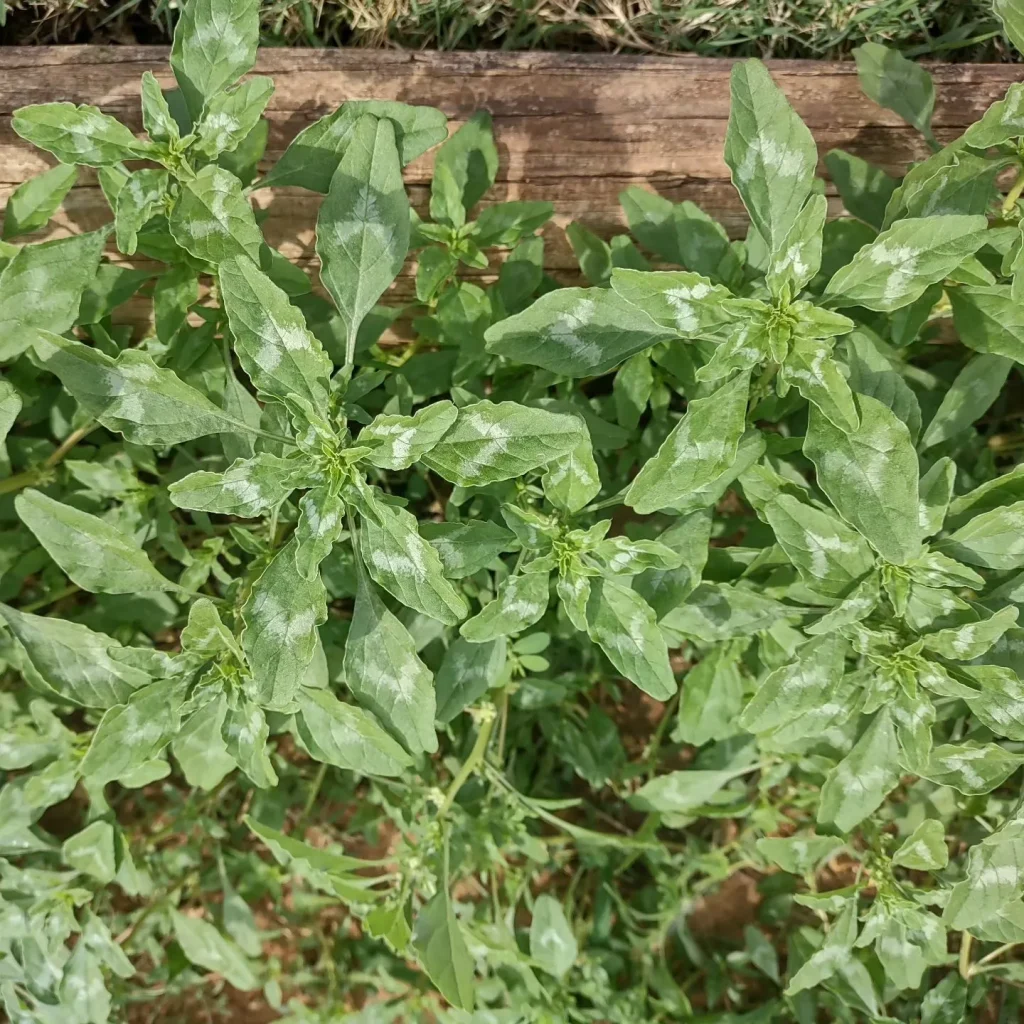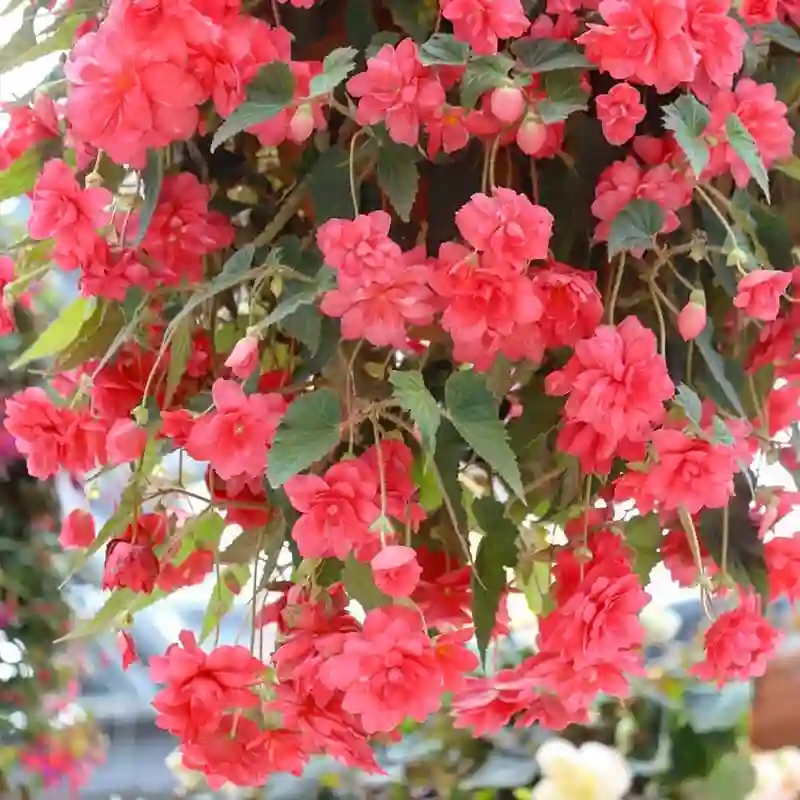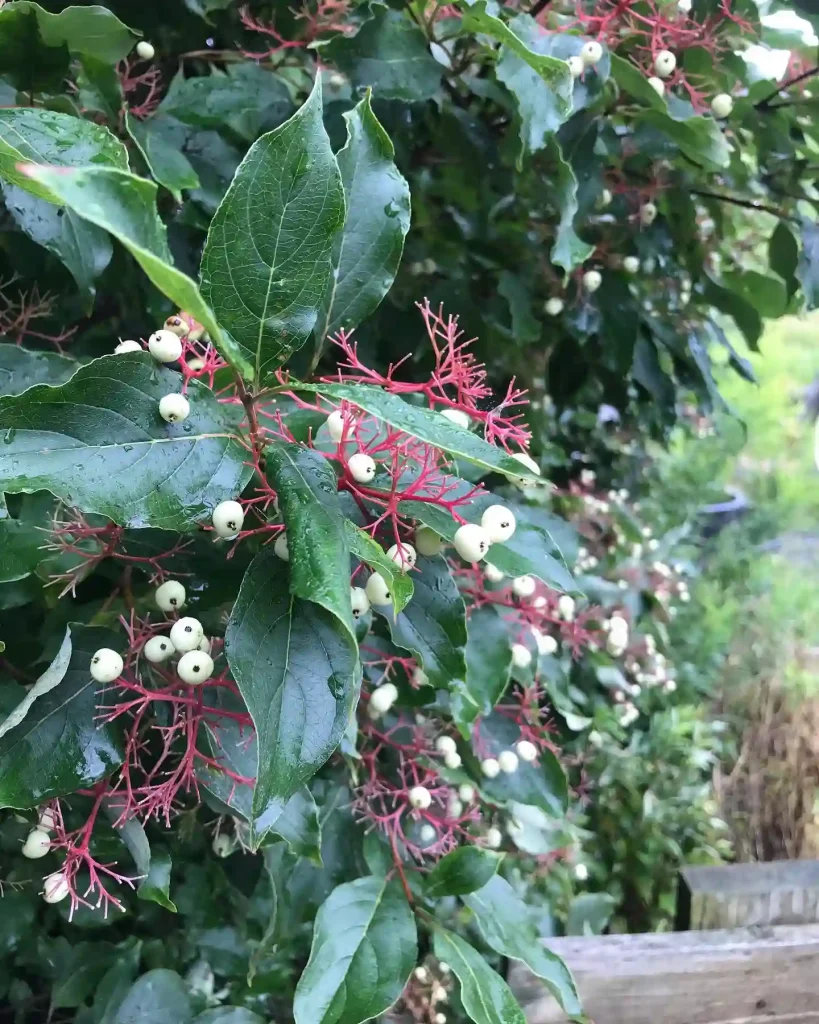What is barrenwort?
Barrenwort, also known as Epimedium, belong to the Berberidaceae family, is a genus of flowering plants prized for their delicate, heart-shaped leaves and dainty flowers. These plants are often sought after for their ability to thrive in shady areas, making them popular choices for woodland gardens or shady borders.
Epimedium species
- Epimedium acuminatum Franch.
- Epimedium alpinum L.
- Epimedium baiealiguizhouense S.Z.He & Y.K.Yang
- Epimedium baojingense Q.L.Chen & B.M.Yang
- Epimedium borealiguizhouense S.Z.He & Y.K.Yang
- Epimedium brevicornu Maxim.
- Epimedium campanulatum Ogisu
- Epimedium davidii Franch.
- Epimedium dewuense S.Z.He, Probst & W.F.Xu
- Epimedium diphyllum Lodd. ex Graham
- Epimedium dolichostemon Stearn
- Epimedium ecalcaratum G.Y.Zhong
- Epimedium elatum C.Morren & Decne.
- Epimedium elongatum Kom.
- Epimedium enshiense B.L.Guo & P.K.Hsiao
- Epimedium epsteinii Stearn
- Epimedium fangii Stearn
- Epimedium fargesii Franch.
- Epimedium flavum Stearn
- Epimedium franchetii Stearn
- Epimedium glandulosopilosum H.R.Liang
- Epimedium grandiflorum C.Morren Plant FAQs: Epimedium Grandiflorum
- Epimedium hunanense (Hand.-Mazz.) Hand.-Mazz.
- Epimedium ilicifolium Stearn
- Epimedium jinchengshanense Yanjun Zhang & J.Q.Li
- Epimedium jinfoshanensis H.P.Deng & Y.W.Zuo
- Epimedium jingzhouense G.H.Xia & G.Y.Li
- Epimedium koreanum Nakai
- Epimedium latisepalum Stearn
- Epimedium leptorrhizum Stearn
- Epimedium lishihchenii Stearn
- Epimedium lobophyllum L.H.Liu & B.G.Li
- Epimedium longnanense Yan J.Zhang
- Epimedium macrosepalum Stearn
- Epimedium mikinorii Stearn
- Epimedium muhuangense S.Z.He & Y.Y.Wang
- Epimedium multiflorum T.S.Ying
- Epimedium myrianthum Stearn
- Epimedium ogisui Stearn
- Epimedium × omeiense Stearn
- Epimedium parvifolium S.Z.He & T.L.Zhang
- Epimedium pauciflorum K.C.Yen
- Epimedium perralderianum Coss.
- Epimedium pinnatum Fisch. ex DC.
- Epimedium platypetalum K.Mey.
- Epimedium pseudowushanense B.L.Guo
- Epimedium pubescens Maxim.
- Epimedium pubigerum (DC.) C.Morren & Decne.
- Epimedium pudingense S.Z.He, Y.Y.Wang & B.L.Guo
- Epimedium qingchengshanense G.Y.Zhong & B.L.Guo
- Epimedium reticulatum C.Y.Wu ex S.Y.Bao
- Epimedium rhizomatosum Stearn
- Epimedium × rubrum – Plant FAQs: Epimedium Rubrum – Red Barrenwort
- Epimedium sagittatum (Siebold & Zucc.) Maxim.
- Epimedium sempervirens Nakai ex F.Maek.
- Epimedium × setosum Koidz.
- Epimedium shennongjiaense Yan J.Zhang & J.Q.Li
- Epimedium shuichengense S.Z.He
- Epimedium stearnii Ogisu & Rix
- Epimedium stellulatum Stearn
- Epimedium sutchuenense Franch.
- Epimedium tianmenshanense T.Deng, D.G.Zhang & H.Sun
- Epimedium trifoliolatobinatum (Koidz.) Koidz.
- Epimedium truncatum H.R.Liang
- Epimedium wushanense T.S.Ying
- Epimedium xichangense Yan J.Zhang
- Epimedium yinjiangense M.Y.Sheng & X.J.Tian
- Epimedium × youngianum Fisch. & C.A.Mey.
- Epimedium zhaotongense G.W.Hu
- Epimedium zhushanense K.F.Wu & S.X.Qian
Where to buy barrenwort?
You can buy barrenwort plants from local nurseries, garden centers, or online plant shops that specialize in perennials. They’re relatively common and should be available at stores that carry a variety of garden plants.
How to prepare barrenwort?
To prepare barrenwort for planting, you’ll want to choose a shaded spot with well-draining soil. Before planting, amend the soil with organic matter to improve its fertility and drainage. When planting, space the barrenwort plants about 12 to 18 inches apart to allow them room to spread and grow.
Is barrenwort deer resistant?
Barrenwort is generally considered deer resistant due to its bitter-tasting foliage, which deer tend to avoid. However, in times of extreme hunger or drought, deer may still nibble on them, so it’s not foolproof.
Is barrenwort invasive?
While some varieties of barrenwort can be aggressive spreaders in ideal conditions, they’re not typically considered invasive. However, it’s always a good idea to monitor their growth and prevent them from spreading too aggressively in your garden.
Is barrenwort poisonous to dogs?
As far as I know, barrenwort is not considered poisonous to dogs. However, it’s always a good idea to monitor your pets around plants and consult with a veterinarian if you have any concerns.
Is barrenwort good for ED?
Barrenwort has been traditionally used in herbal medicine for various purposes, including as a remedy for erectile dysfunction (ED). While there is some anecdotal evidence supporting its use for this purpose, more research is needed to confirm its effectiveness.
Should barrenwort be pruned in late fall?
It’s generally recommended to prune barrenwort in late winter or early spring before new growth emerges. This helps to remove any dead or damaged foliage and encourages healthy growth and flowering.
What does barrenwort flower look like?
The flowers of barrenwort are small and delicate, often resembling tiny orchids. They come in various colors, including white, pink, yellow, and purple, depending on the species and variety.
What is barrenwort used for?
Barrenwort has been used in traditional Chinese medicine for centuries to treat a variety of ailments, including fatigue, joint pain, and low libido. In modern gardening, it’s primarily grown for its ornamental value, adding beauty and charm to shaded areas.
Will barrenwort grow in North Alabama?
Barrenwort should grow well in North Alabama, as it thrives in partial to full shade and well-draining soil. Just make sure to provide it with adequate water, especially during hot, dry periods, and monitor its growth to prevent it from spreading too aggressively.
If i die, water my plants!



